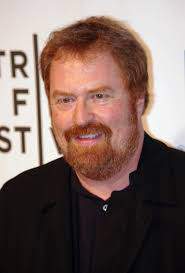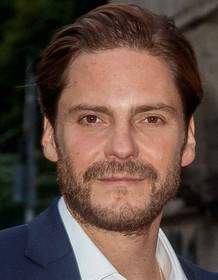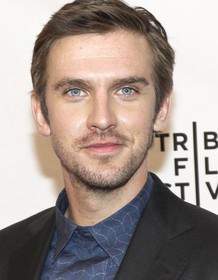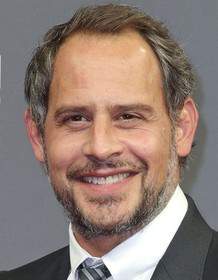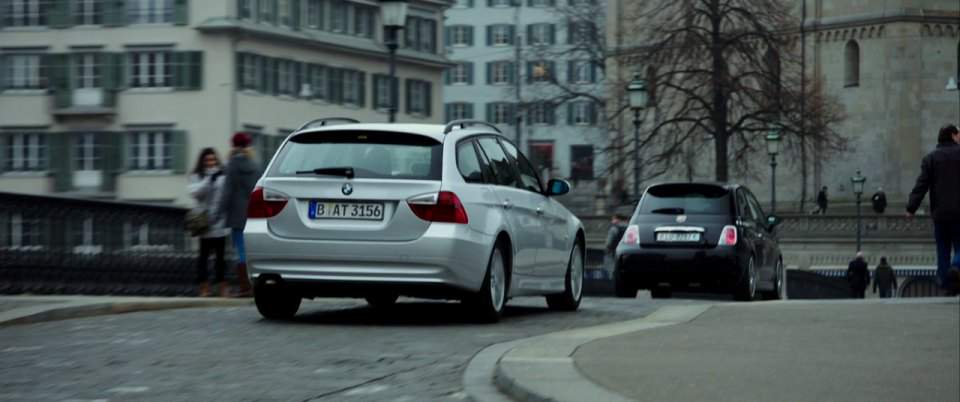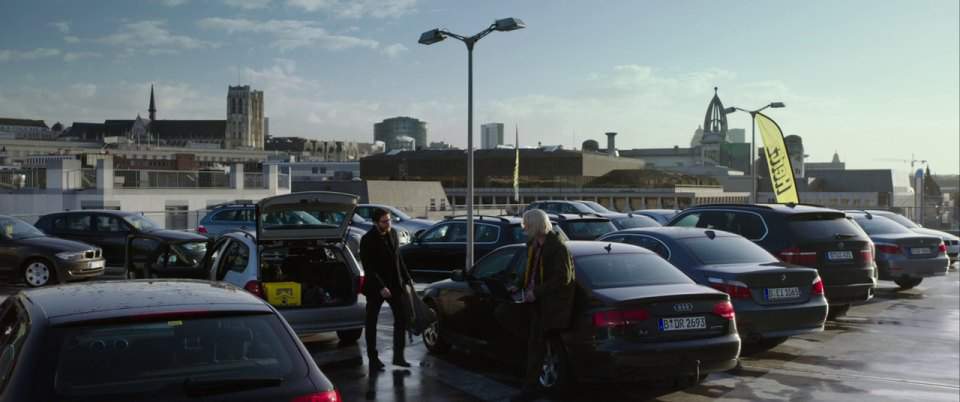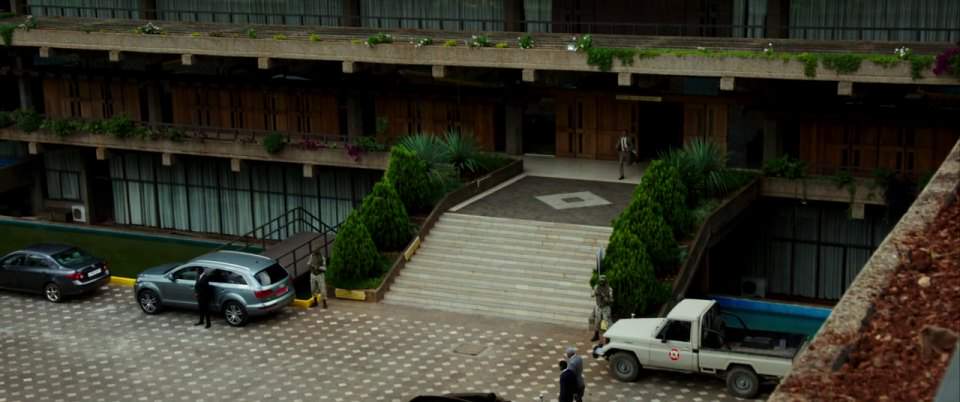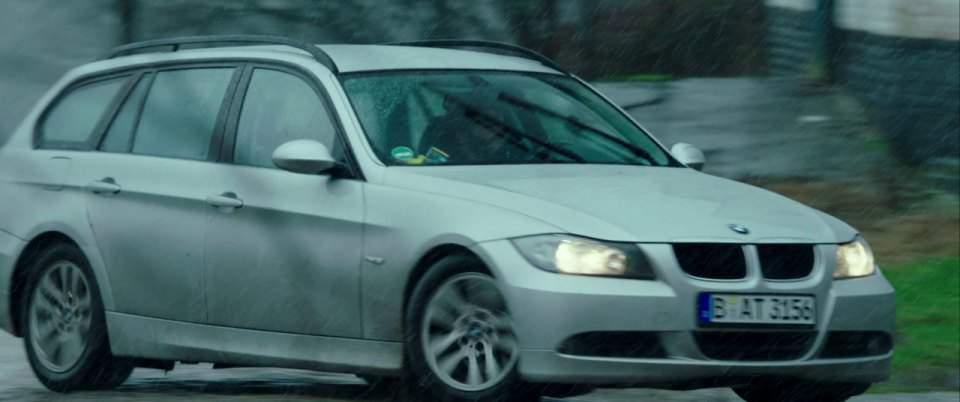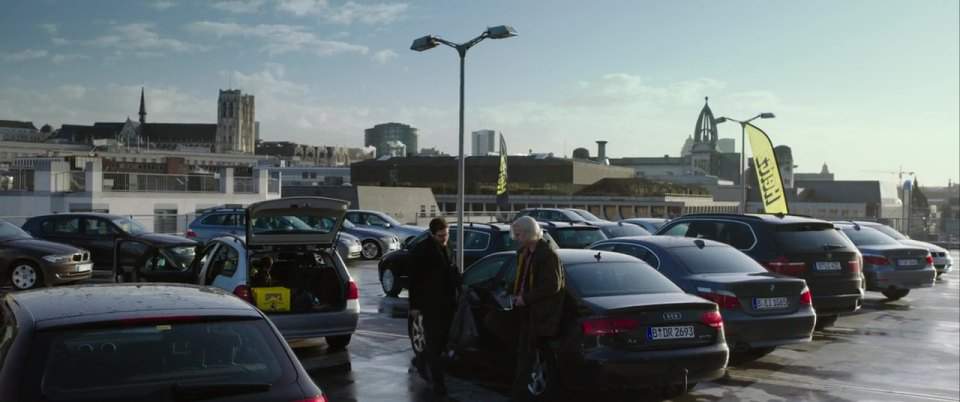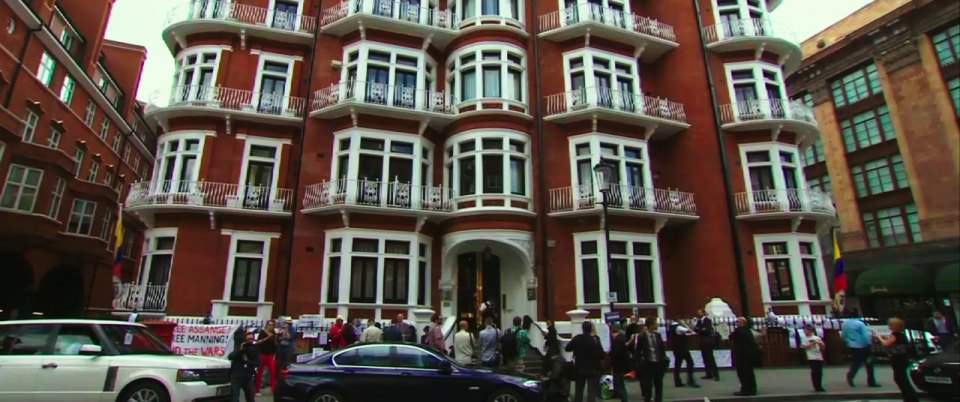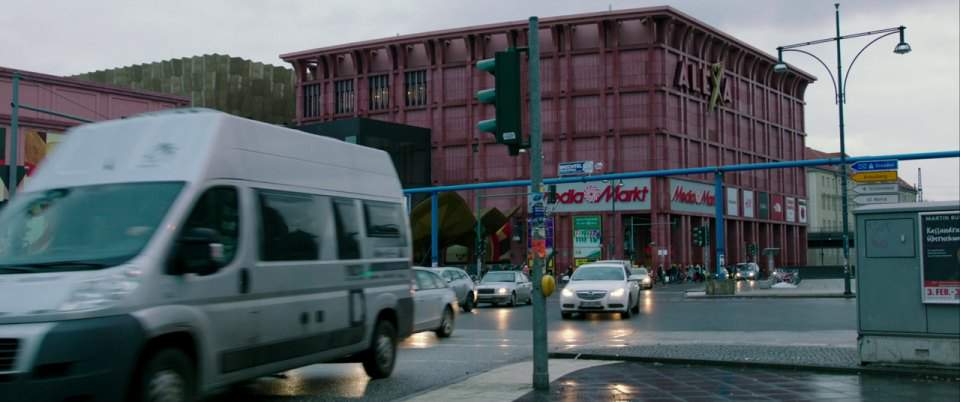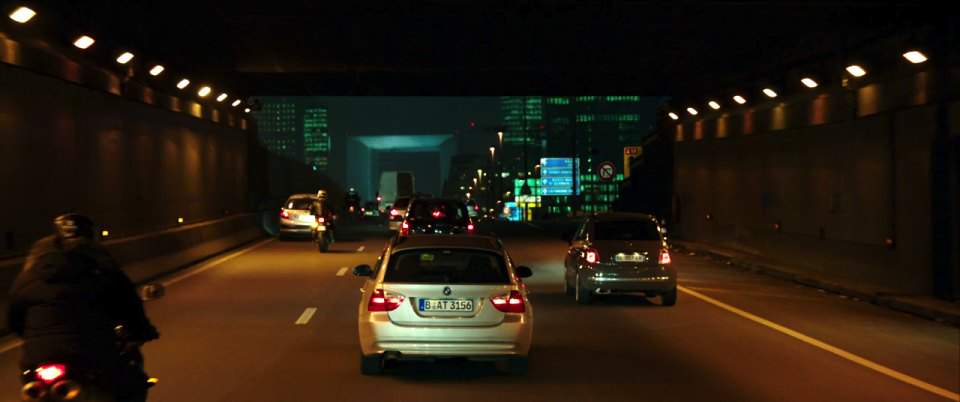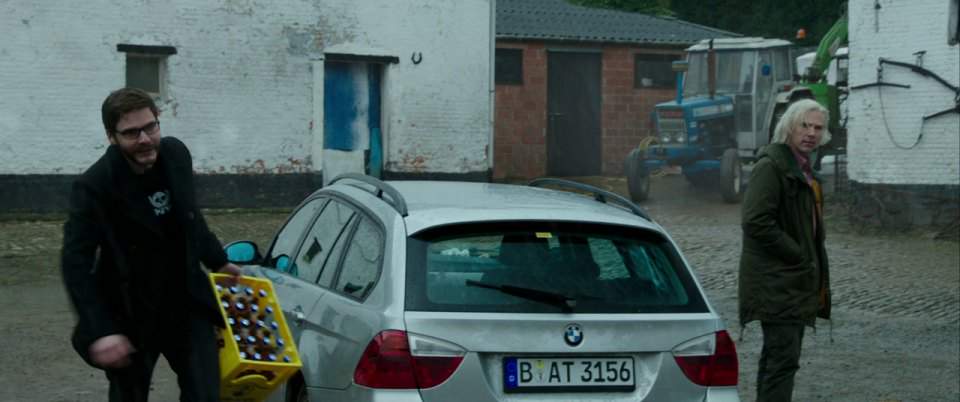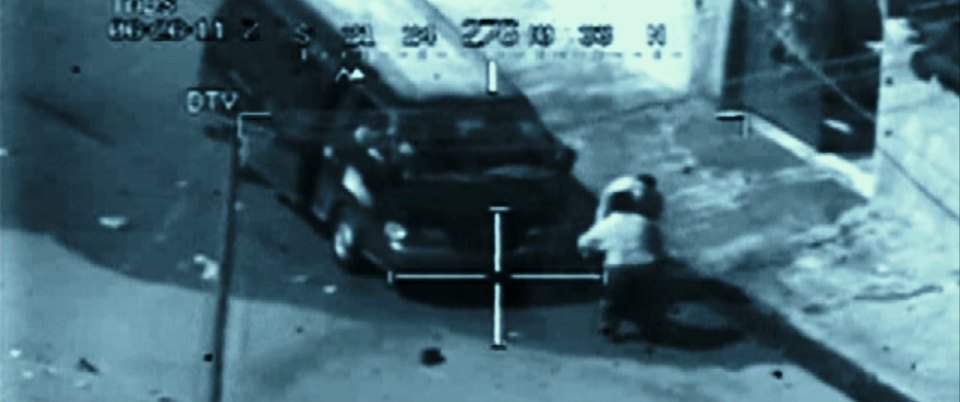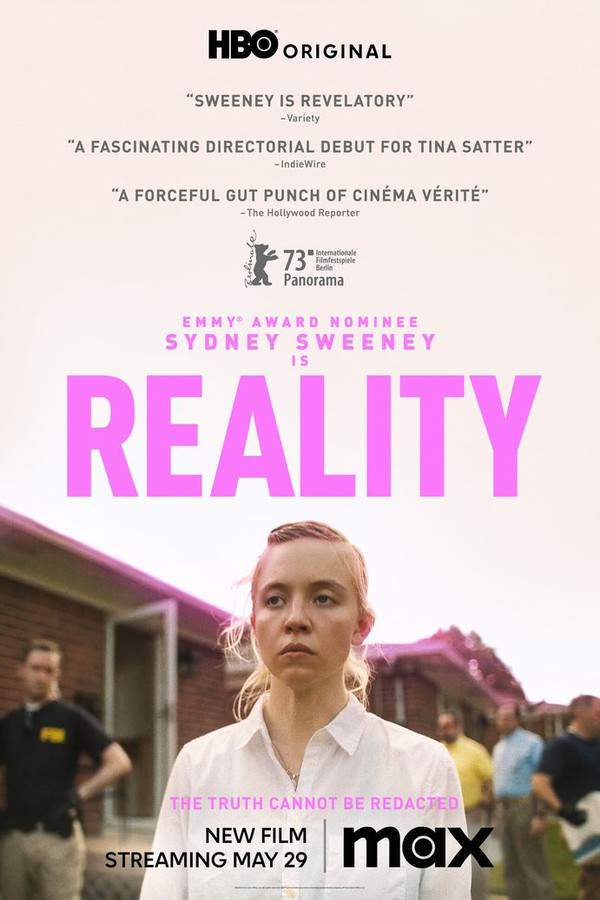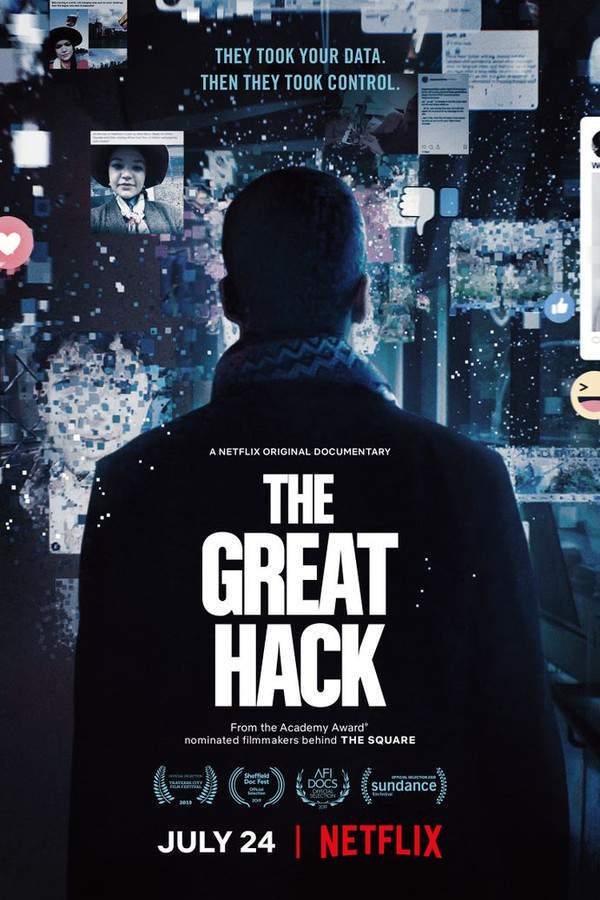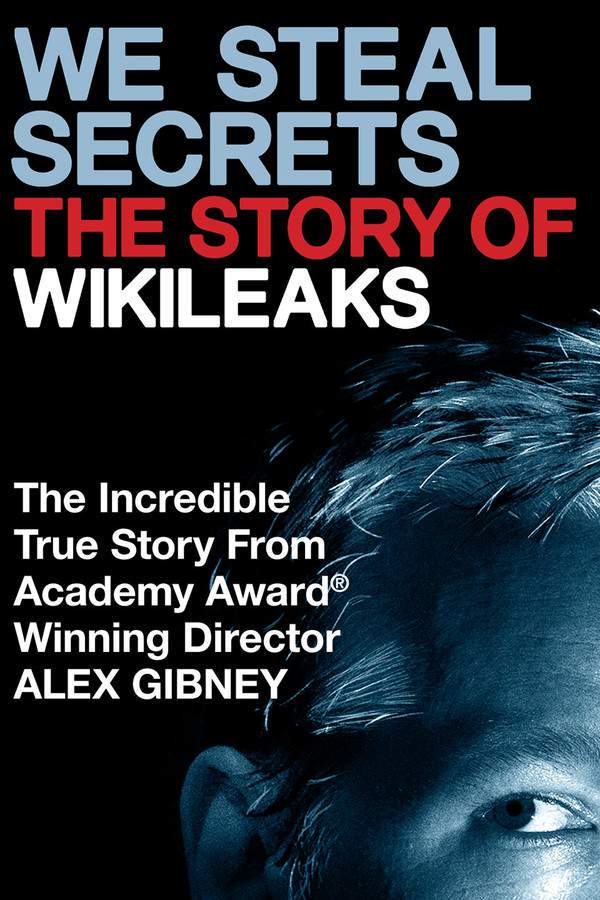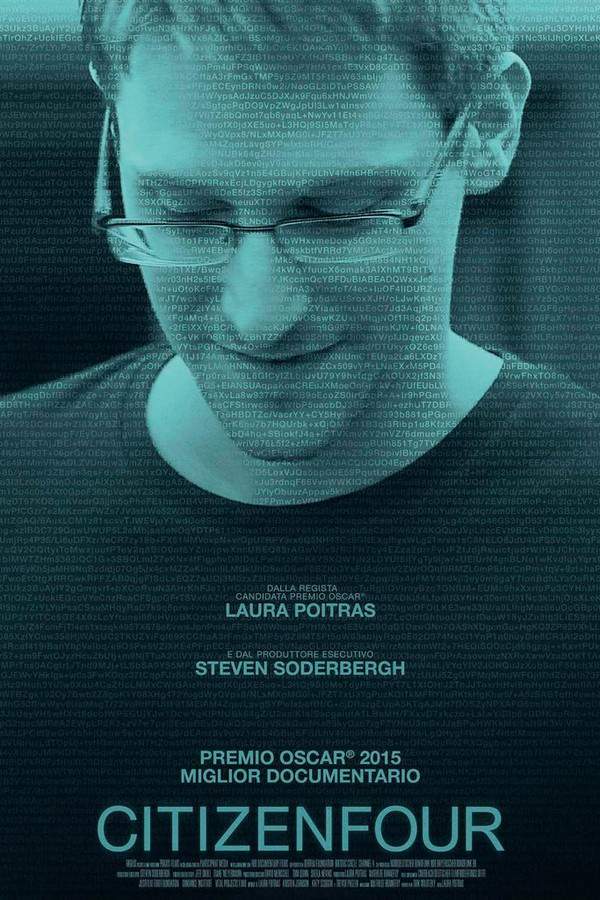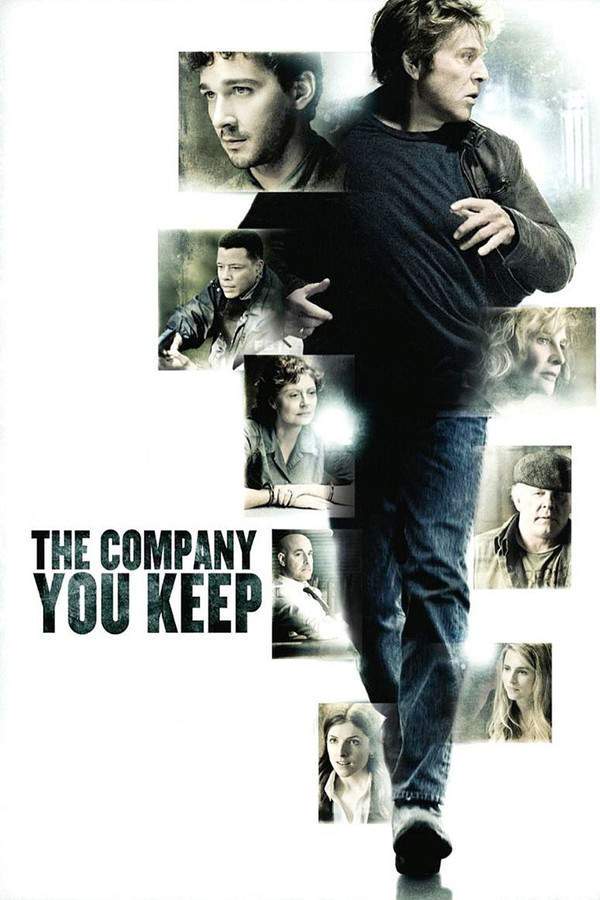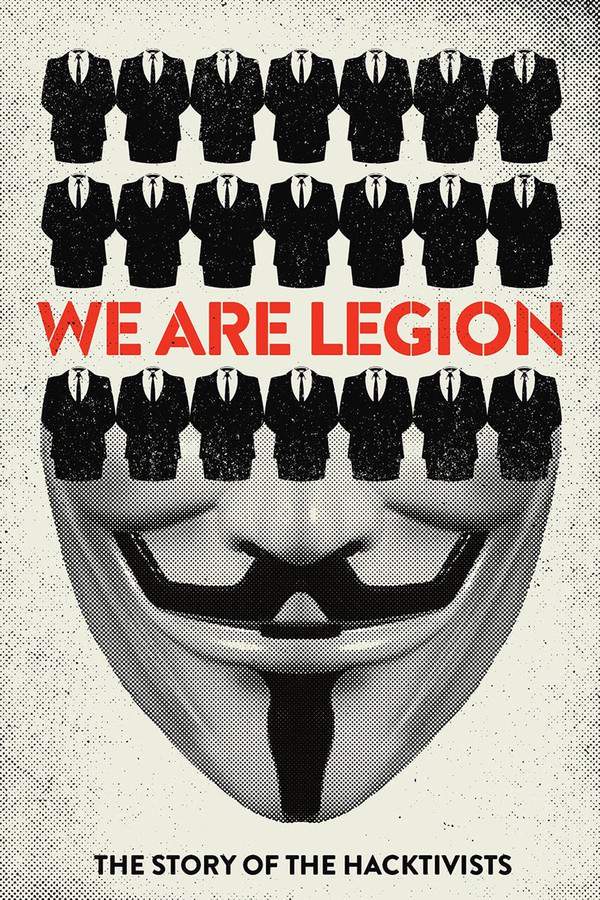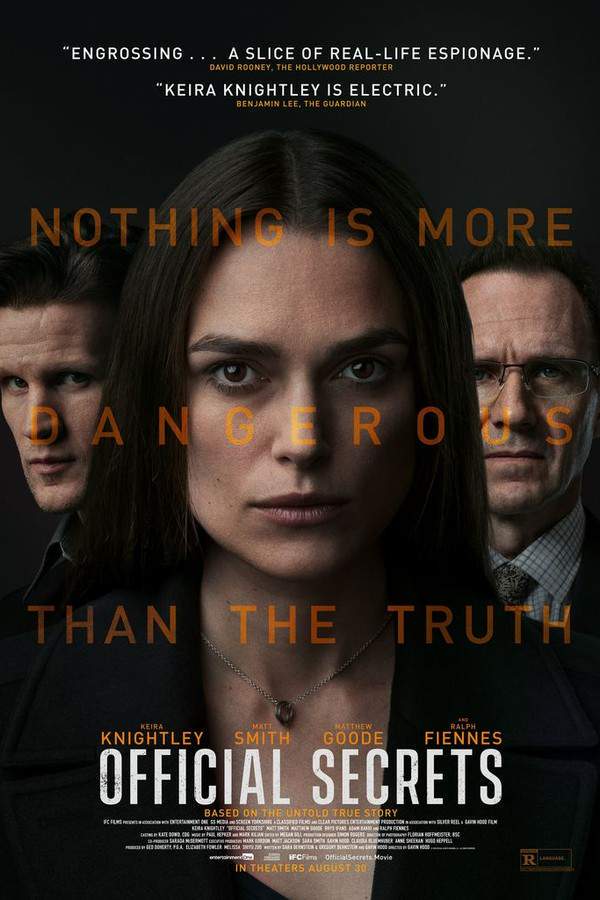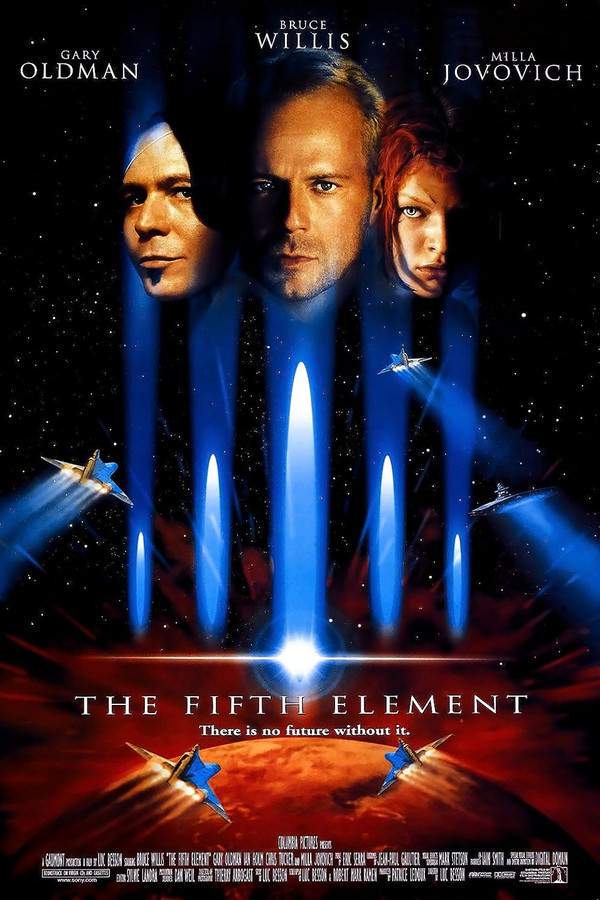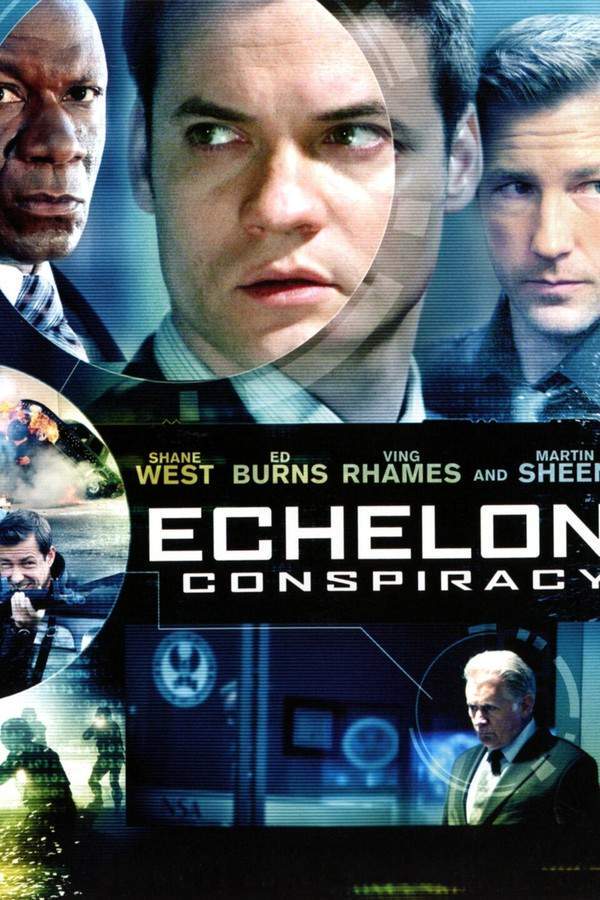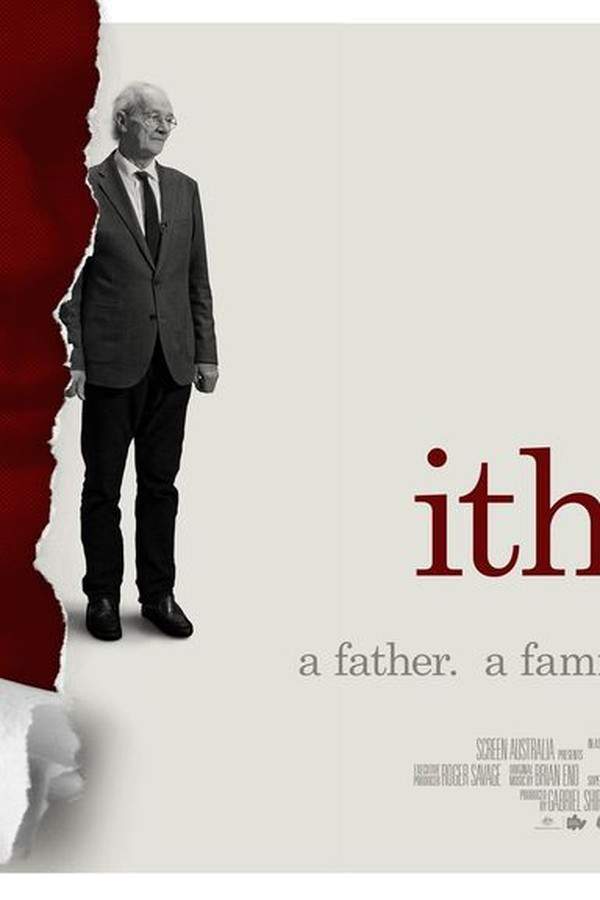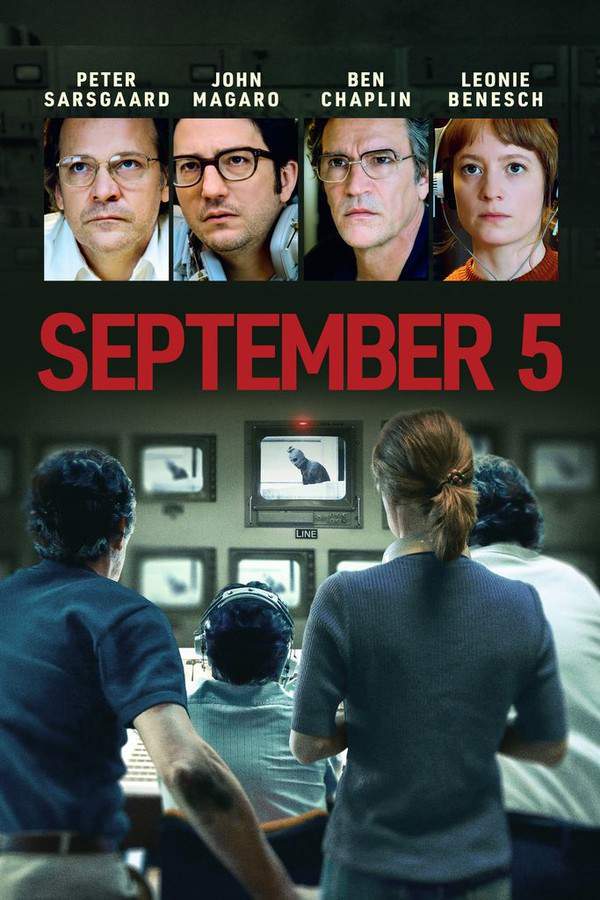The Fifth Estate 2013
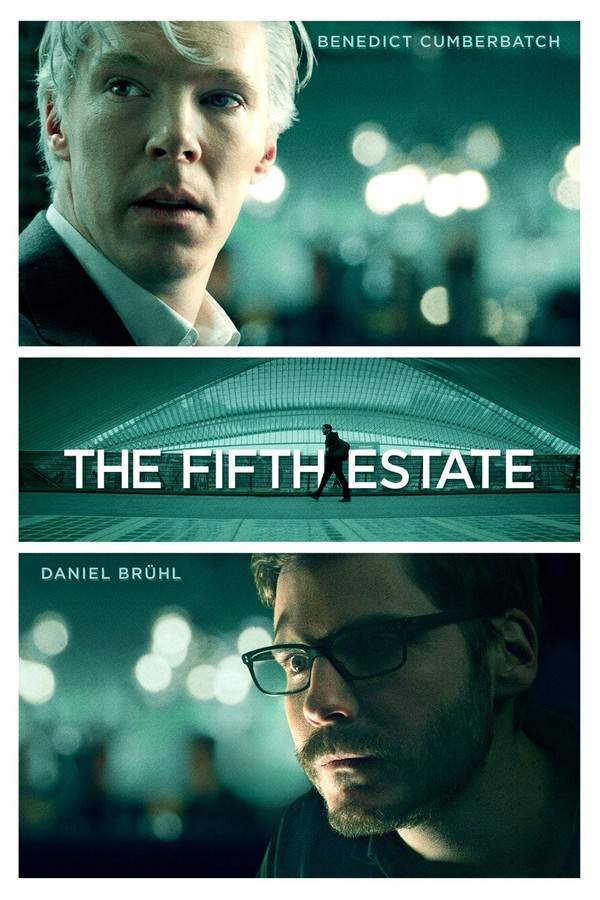
This biographical thriller follows WikiLeaks founder Julian Assange and his associate Daniel Domscheit-Berg as they create a groundbreaking platform for whistleblowers to anonymously reveal government secrets and corporate wrongdoing. Their actions spark a global revolution in transparency, but also attract increasing scrutiny and danger. The story culminates in a tense confrontation centered around access to classified U.S. intelligence documents and the escalating risks they face.
Does The Fifth Estate have end credit scenes?
No!
The Fifth Estate does not have end credit scenes. You can leave when the credits roll.
Meet the Full Cast and Actors of The Fifth Estate
Explore the complete cast of The Fifth Estate, including both lead and supporting actors. Learn who plays each character, discover their past roles and achievements, and find out what makes this ensemble cast stand out in the world of film and television.
External Links and Streaming Options
Discover where to watch The Fifth Estate online, including streaming platforms, rental options, and official sources. Compare reviews, ratings, and in-depth movie information across sites like IMDb, TMDb, Wikipedia or Rotten Tomatoes.
Ratings and Reviews for The Fifth Estate
See how The Fifth Estate is rated across major platforms like IMDb, Metacritic, and TMDb. Compare audience scores and critic reviews to understand where The Fifth Estate stands among top-rated movies in its genre.

49
Metascore
6.3
User Score


35%
TOMATOMETER

36%
User Score

6.2 /10
IMDb Rating

60
%
User Score

2.8
From 5 fan ratings

2.86/5
From 7 fan ratings
Take the Ultimate The Fifth Estate Movie Quiz
Challenge your knowledge of The Fifth Estate with this fun and interactive movie quiz. Test yourself on key plot points, iconic characters, hidden details, and memorable moments to see how well you really know the film.
The Fifth Estate Quiz: Test your knowledge on the complex relationship between Daniel Domscheit-Berg and Julian Assange in 'The Fifth Estate'.
Who is the Australian whistleblower that Daniel collaborates with?
Julian Assange
Bradley Manning
Daniel Domscheit-Berg
Julius Baer
Show hint
Full Plot Summary and Ending Explained for The Fifth Estate
Read the complete plot summary of The Fifth Estate, including all major events, twists, and the full ending explained in detail. Explore key characters, themes, hidden meanings, and everything you need to understand the story from beginning to end.
The film begins in 2010, shortly after the release of the Afghan War Logs, and takes a step back to 2007, where we witness the initial meeting between journalist Daniel Domscheit-Berg and Australian journalist Julian Assange at the Chaos Communication Congress held in Berlin. Drawn by his passion for online activism, Daniel has corresponded with Assange via email and is eager to collaborate with him on WikiLeaks, a platform dedicated to the disclosure of classified information while ensuring the anonymity of its sources. Their first major endeavor targets the Swiss bank Julius Baer, which has been implicated in illegal activities through its Cayman Islands branch. Even after Baer files a lawsuit and secures an injunction, a judge ultimately lifts the restriction, allowing Daniel and Julian to reclaim the domain name.
As their ambition grows, they diligently advance their agenda and publish a range of sensitive information over the following years, including details about Scientology, the unveiling of Sarah Palin’s email account, and the membership roster of the British National Party (BNP). Initially, Daniel feels a sense of purpose and accomplishment, believing that they are engaging in a noble cause and looking up to Assange as a mentor. However, as time passes, their partnership becomes increasingly strained. Daniel grapples with personal and professional setbacks; he ultimately loses his job and faces complications in his personal relationships, particularly as the BNP leak inadvertently exposes individuals and places many in jeopardy.
Contrary to Daniel’s apprehensions, Assange appears dismissive, underlining his belief that his own experiences have been far more tumultuous. Tensions mount as Assange’s brusque demeanor leads to incidents like abandoning Daniel at his family’s home after accepting a dinner invitation. This only exacerbates the existing rift between them.
Throughout the narrative, flashbacks shed light on Assange’s tumultuous upbringing and his connections to a dubious cult, hinting that his fervor for WikiLeaks is intertwined with unresolved childhood trauma rather than a pure desire to better the world. Daniel starts to question whether Assange is more of a charismatic manipulator than a genuine mentor. His curiosity intensifies as he listens to the different explanations Assange provides regarding the origins of his white hair. Initially, Assange claims WikiLeaks is staffed by hundreds, yet Daniel later discovers they are essentially operating as a two-man team.
As the storyline unfolds, Assange repeatedly emphasizes the paramount importance of safeguarding their sources. But Daniel’s growing skepticism leads him to believe that Assange’s true intent is to use these sources merely to attract more whistleblowers without genuine concern for any potential harm inflicted on individuals. Assange justifies that the beneficial outcomes of their leaks outweigh the associated risks, lending to a philosophical clash with Daniel, who feels a moral obligation to safeguard those who reach out.
The situation escalates dramatically when Bradley Manning (later known as Chelsea Manning) leaks an extensive array of documents, including the infamous “Collateral Murder” video, as well as the Afghan and Iraq War Logs and 250,000 US Diplomatic Cables. Despite Assange’s eagerness to publish the documents immediately, Daniel insists on reviewing them first. Eventually, several major news outlets collaborate with WikiLeaks to disseminate the documents while portraying the organization in a positive light. However, both Daniel and the media outlets demand the redaction of names to protect the informants, a concession that Assange reluctantly agrees to.
As tensions reach a boiling point, Daniel becomes increasingly aware that Assange intends to disregard this agreement and is positioning a new confidant to take his place. The redacted documents are eventually made public, erupting in a media frenzy that forces many informants to seek refuge and prompts resignations among U.S. diplomats. In a bold move, Daniel and the original WikiLeaks team cut ties with Assange, erasing the site and blocking his access to their server.
In the aftermath, Daniel confides in a reporter from The Guardian, both expressing concern about having given Assange such immense visibility. The journalist acknowledges that while Assange’s trustworthiness is in question, his revelations about governmental and business misconduct are significant. Daniel also shares a startling tidbit about Assange’s hair color, unveiling its roots in his past association with the cult.
As the credits near, it becomes apparent that WikiLeaks continues its operations, with implications that Assange has either reclaimed control of the site or established a new one. Daniel publishes a book recounting his experiences with the organization that inspired the film, while Assange threatens legal action in response. The film concludes with Assange holed up in the Ecuadorian embassy in London, seeking to evade arrest linked to accusations of sexual misconduct. In an interview, he decries two upcoming films about WikiLeaks, asserting that they will misrepresent the facts—something he attributes to the narratives drawn from Daniel’s book—and reflects bitterly that hiring Daniel was a significant error on his part.
Uncover the Details: Timeline, Characters, Themes, and Beyond!

Coming soon on iOS and Android
The Plot Explained Mobile App
From blockbusters to hidden gems — dive into movie stories anytime, anywhere. Save your favorites, discover plots faster, and never miss a twist again.
Sign up to be the first to know when we launch. Your email stays private — always.
Watch Trailers, Clips & Behind-the-Scenes for The Fifth Estate
Watch official trailers, exclusive clips, cast interviews, and behind-the-scenes footage from The Fifth Estate. Dive deeper into the making of the film, its standout moments, and key production insights.
Cars Featured in The Fifth Estate
Explore all cars featured in The Fifth Estate, including their makes, models, scenes they appear in, and their significance to the plot. A must-read for car enthusiasts and movie buffs alike.
The Fifth Estate Themes and Keywords
Discover the central themes, ideas, and keywords that define the movie’s story, tone, and message. Analyze the film’s deeper meanings, genre influences, and recurring concepts.
The Fifth Estate Other Names and Titles
Explore the various alternative titles, translations, and other names used for The Fifth Estate across different regions and languages. Understand how the film is marketed and recognized worldwide.
Articles, Reviews & Explainers About The Fifth Estate
Stay updated on The Fifth Estate with in-depth articles, critical reviews, and ending explainers. Explore hidden meanings, major themes, and expert insights into the film’s story and impact.
Similar Movies To The Fifth Estate You Should Know About
Browse a curated list of movies similar in genre, tone, characters, or story structure. Discover new titles like the one you're watching, perfect for fans of related plots, vibes, or cinematic styles.
Quick Links: Summary, Cast, Ratings, More

What's After the Movie?
Not sure whether to stay after the credits? Find out!
Explore Our Movie Platform
New Movie Releases (2025)
Famous Movie Actors
Top Film Production Studios
Movie Plot Summaries & Endings
Major Movie Awards & Winners
Best Concert Films & Music Documentaries
Movie Collections and Curated Lists
© 2025 What's After the Movie. All rights reserved.




